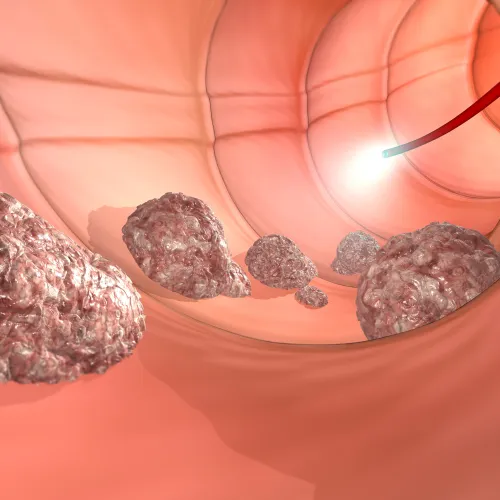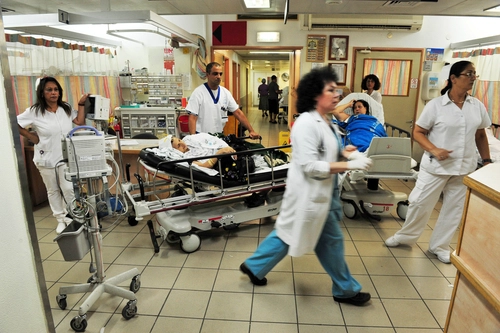Choosing Modifiers for Hospice Patients

Question: A patient at a local hospice care facility with terminal lung cancer was having heart palpitations so she was rushed to our emergency department (ED). The ED physician performed 37 minutes of critical care, and five minutes of cardiopulmonary resuscitation (CPR), before the patient stabilized I’m not sure how to code this encounter, since our ED physician doesn’t work for the hospice. How should I proceed?
Tennessee Subscriber
Answer: For optimal coding, you’ll need a pair of modifiers for this encounter.
On the claim, report 99291 (Critical care, evaluation and management of the critically ill or critically injured patient; first 30-74 minutes) for the critical care and 92950 (Cardiopulmonary resuscitation [e.g., in cardiac arrest]) for the CPR. Append modifier 25 (Significant, separately identifiable evaluation and management service by the same physician or other qualified health care professional on the same day of the procedure or other service) to 99291 to show that the critical care and the CPR were separate services (remember, CPT® doesn’t bundle CPR into critical care).
Modifiers: Append modifier GV (Attending physician not employed or paid under arrangement by the patient’s hospice provider) to both the 99291 and 92950 to show that your physician has no financial relationship with the hospice. Also, append modifier GW (Service not related to the hospice patient’s terminal condition) to 99291 and 92950 to show that the critical care was for a condition unrelated to the patient’s cancer.
Explanation: According to Medicare Administrative Contractor (MAC) CGS Administrators, you should use GV whenever the attending provider does not work for the hospice, “regardless of whether the care is related to the patient’s terminal illness.” CGS also reports that GW is necessary “if the physician in question was rendering services that were unrelated to the patient’s terminal hospice condition.”
Also, you may also want to query your payer about the resuscitation. If a patient has a do not resuscitate (DNR) order on file, the payer may not pay that service regardless of the modifier.




